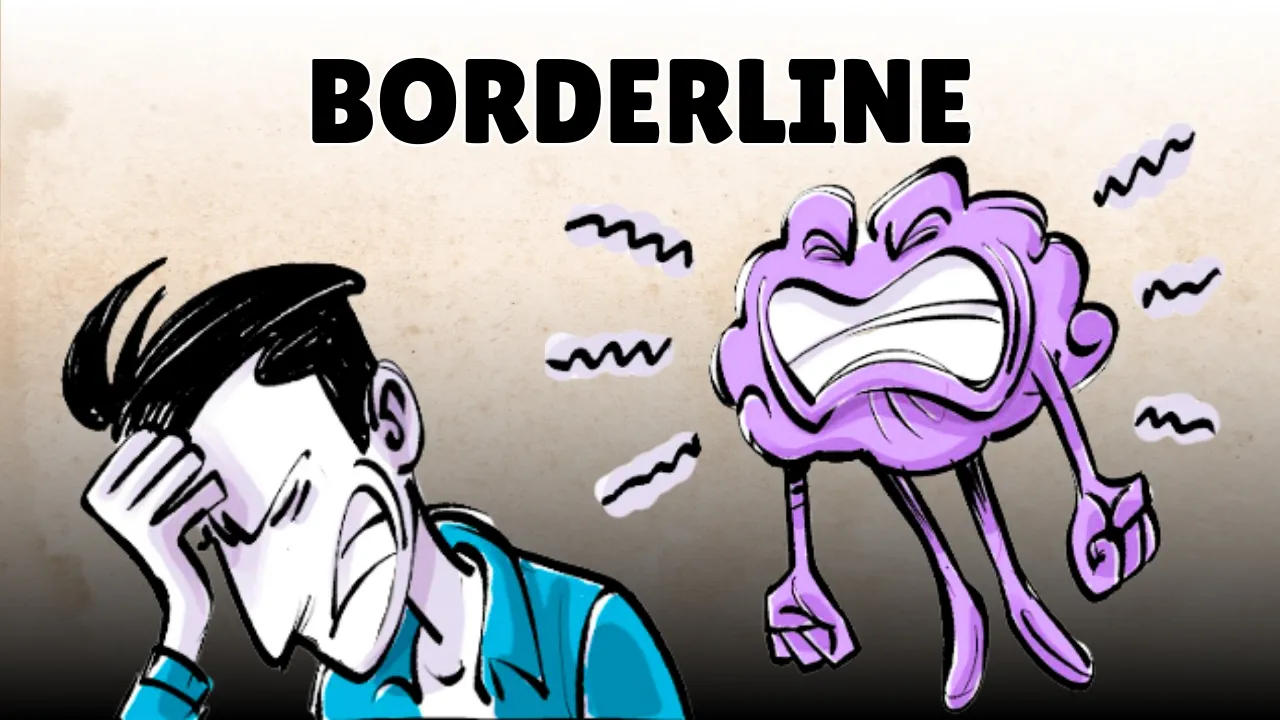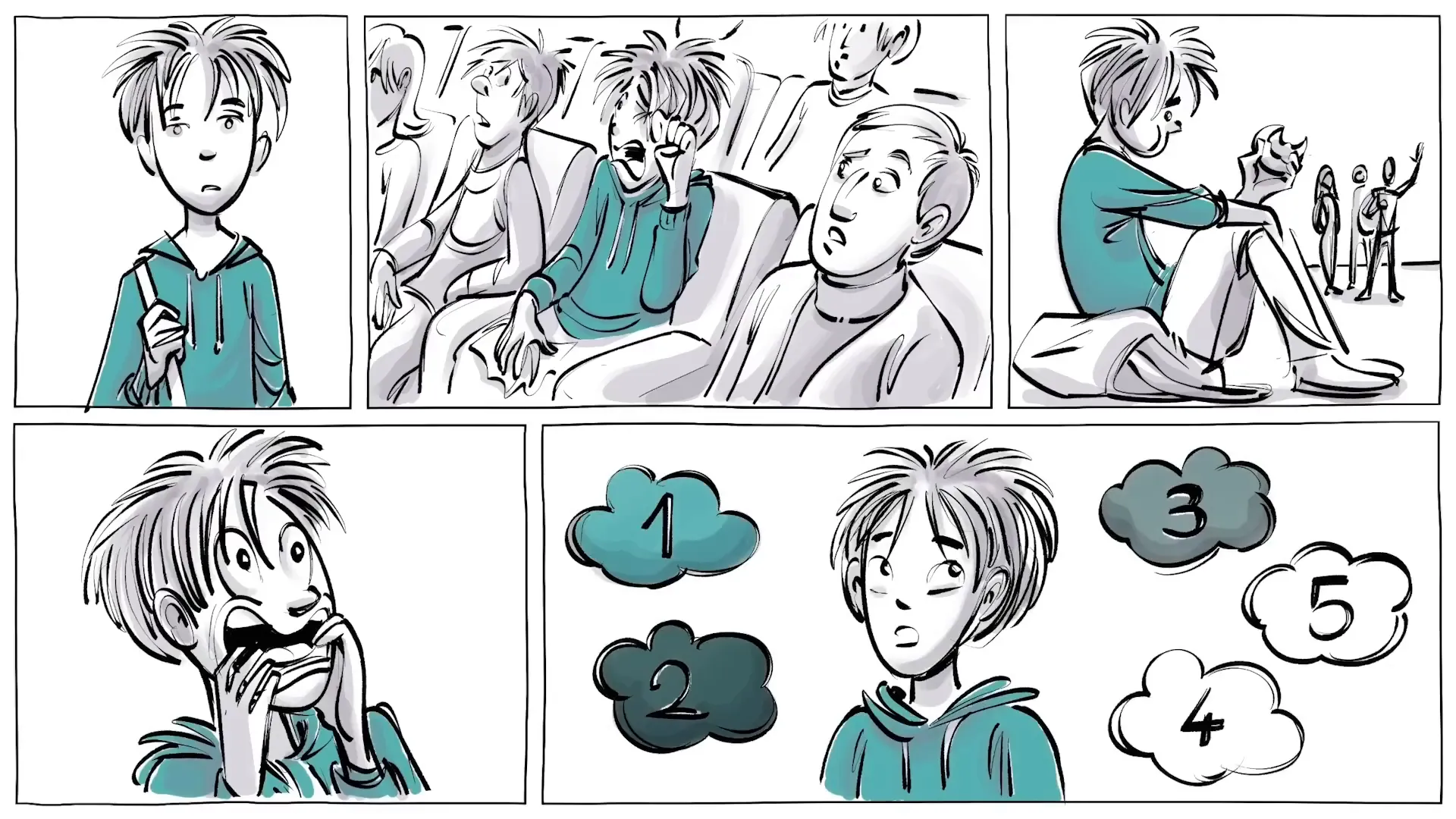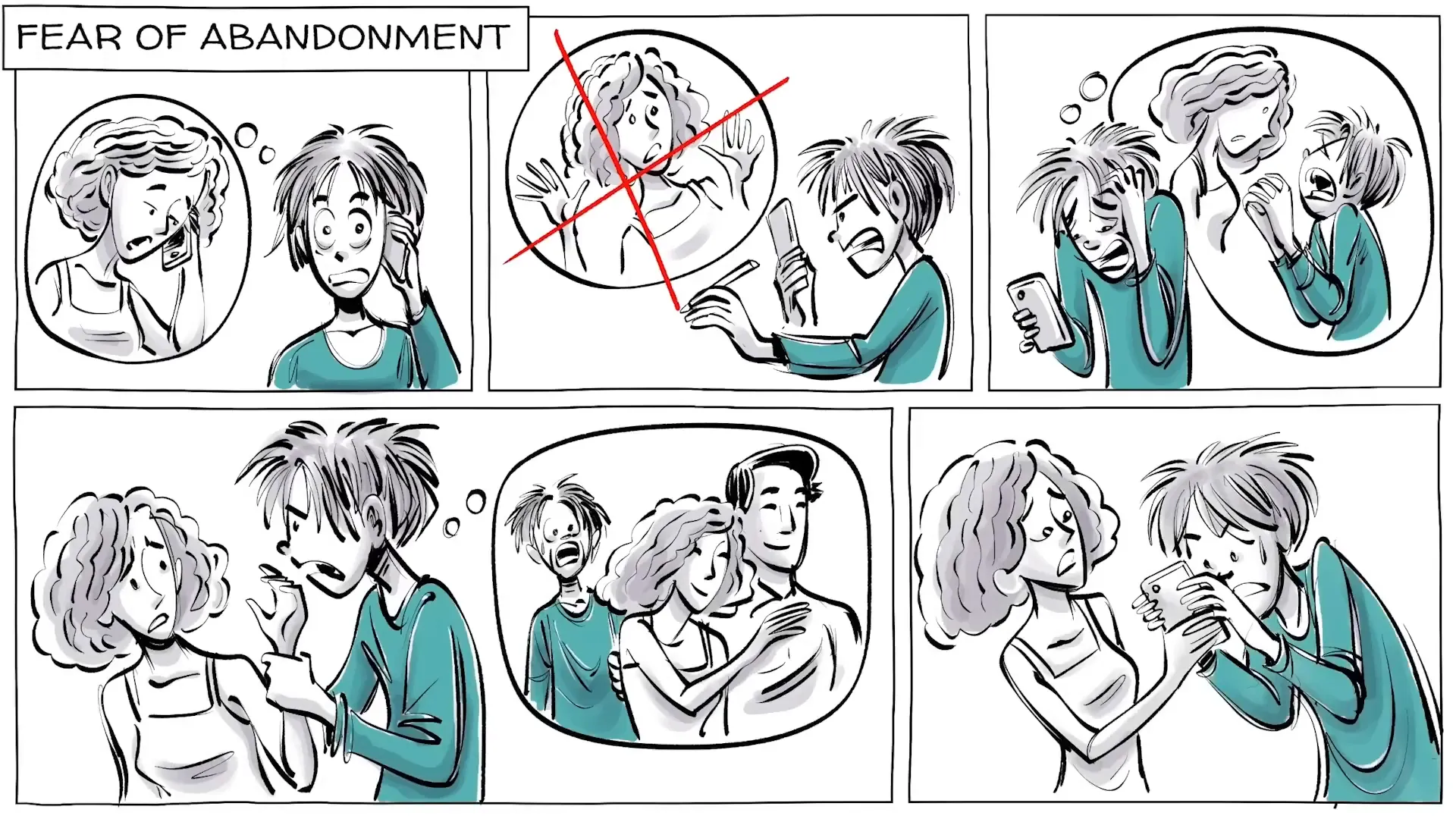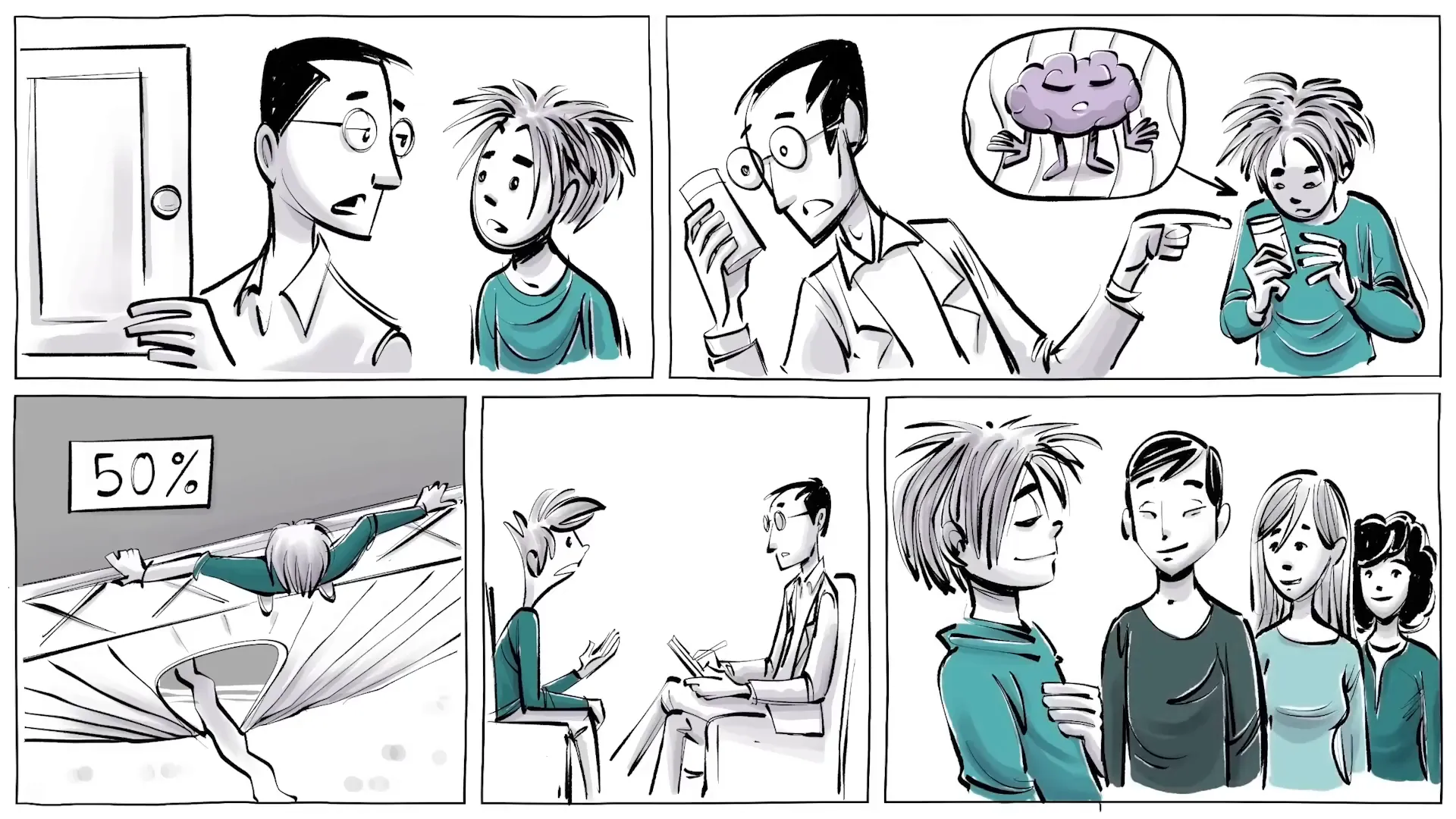Jan 2, 2025
Understanding Borderline Personality Disorder

Black & white world
If you are living in a black and white world, where everything is either good or bad, with no shades of gray, and you feel sad and empty with an intense fear of being left alone — then you might be experiencing what’s known as BPD.
Borderline personality disorder
Borderline Personality Disorder (BPD) is a mental health condition characterized by a distorted self-image, along with difficulties regulating emotions and maintaining relationships. It affects around 1-2% of all adults. Like all mental health disorders, it is considered to be on a spectrum, meaning that it can manifest in all sorts of ways, ranging from regular outbursts of anger to severe forms of self-harm.
Cause of BPD
The causes of BPD aren't fully understood, also because it goes hand in hand with addiction, other mental health issues, and eating disorders. Environmental factors, such as a childhood of neglect and abuse seem to play a role — but so may genetics. Since science has not yet been able to find any biological evidence to diagnose mental disorders, we have to turn to symptoms to see if someone may have BPD.
Meet Alex
To illustrate this, meet Alex. Alex is a 20-year-old college boy who has always been sensitive, but lately also feels isolated and extremely emotional. He experiences five symptoms that are often associated with the condition.

Symptoms of BPD
Alex experiences rapid changes in self-identity. In a single day he can go from feeling godlike to feeling worthless. And in a crisis, he changes from one personality to another. This is when he goes through moments of dissociation, where he feels detached from his body — with no sense of self at all. Alex has what’s known as a Distorted Self-Image.
He experiences intense and unstable emotions. The smallest setbacks can send his mind spiraling out of control and make him end friendships in an instant. Every emotion he feels, he feels intensely. Joy becomes euphoria and sadness turns into depression. This emotional rollercoaster leaves him exhausted — that is when he dissociates.
He struggles with Impulsiveness. When talking to his friends, Alex often feels misunderstood. With close to no self-control, he starts shouting or lashing out. Later, he feels ashamed. To cope, he eats, does drugs, or turns violent — often against himself.
He has an intense Fear of Abandonment. When his girlfriend cancels their date at the last minute, he breaks up with her, and a few minutes later bombards her with texts, asking for forgiveness. He is constantly worried she will leave him and demands impossibly high standards of reassurance.
All of this leads to Unstable Relationships. When Alex fears he will be abandoned, he hurts his friends for no obvious reason. By pushing others away he thinks he can avoid being pushed away himself. He later feels ashamed and promises to change.

BPD Treatment
After an intense period of paranoia, Alex wants to drop out of college, which at this point is pretty much the only stable thing left in his life. It’s then that his best friend asks him to seek help. When Alex speaks to a professional, he learns about BPD and that the typical treatments are forms of psychotherapy - like CBT - cognitive behavioral therapy, DBT - dialectical-behavioral therapy or MBT - mentalization based therapy. The psychiatrist also explains that in some cases patients take medication, such as mood stabilizers.
This can be important as over 50% of adolescents that attempt to take their lives are diagnosed with borderline personality disorder. Understanding his condition is a relief — at least he knows he’s not alone.

What do you think?
What can we do to help people with BPD? Understanding and support can go a long way in helping those affected by this disorder. Having open conversations, educating ourselves and others about BPD, and showing empathy can help create a more supportive environment for those struggling.
Conclusion
Borderline Personality Disorder is a complex condition that requires understanding and compassion. By learning about its symptoms and treatment options, we can better support those affected by it, like Alex. Together, we can foster a community that acknowledges and addresses the challenges of mental health disorders.
This article was created from the video Borderline Personality Disorder with the help of AI. It was reviewed and edited by a human.